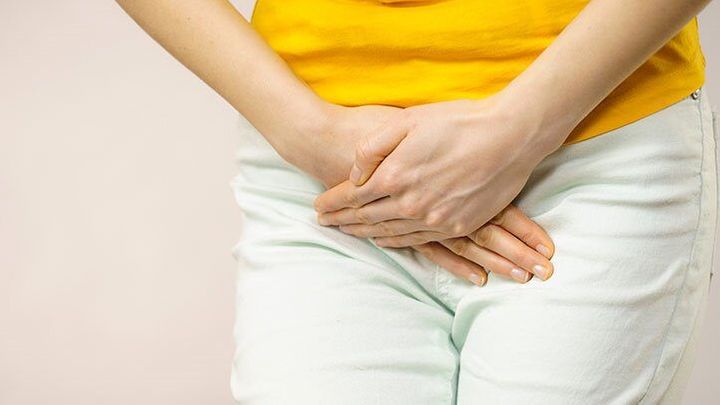4 Major Types of Urinary Incontinence

Urinary incontinence is a common and embarrassing problem. The severity ranges from leaking urine when you sneeze or cough to having the urge to urinate so strongly and suddenly. It occurs more frequently as people get older, but it is not an inevitable consequence of aging. For many people, dietary changes and simple lifestyle or medical care can treat its symptoms. Pelvic rehabilitation and urinary incontinence in Forest Hills have different treatment options for each type of urinary incontinence.
Types of Urinary Incontinence
- Urge Incontinence
If you feel an intense urge to urinate, or you have an involuntary loss of urine; you might be experiencing urge incontinence. It is impossible to ignore the urge to urinate. Using the bathroom without notice can lead to accidents and leaks.
Bladder muscles that contract at an unexpected time are likely to cause urge incontinence. This happens due to some miscommunication between your brain and the bladder. The bladder incorrectly tells the brain that it is full. Living with urge incontinence makes your life difficult. An infection can also cause urge incontinence.
- Overflow Incontinence
When the bladder is not empty, you can have constant or frequent dribbling of urine. This is called overflow incontinence. If you can’t empty your bladder, it will remain full.
Overflow incontinence can even happen without warning. People experiencing it often get urinary tract infections. Urine remaining in the bladder allows the growth of bacteria. Overflow incontinence occurs mainly in men, primarily those with an enlarged prostate. Some treatments address enlarged prostate. They include:
- Catheter replacement.
- Blockage removal.
- And medications.
- Functional Incontinence
If the urinary tract is behaving normally, but other disabilities or health problems prevent you from staying dry, you might have functional incontinence. If an illness makes you unconcerned or unaware of the need to find a toilet, you can become incontinent. Mental illness, medications, or dementia can reduce the awareness of the need to locate a restroom. If a drug makes your body produce high amounts of urine, you can develop incontinence, which requires a change of treatment.
- Stress Incontinence
If urine leaks when you laugh, cough, or jump, you can be having stress incontinence. Physical exertion that increases pressure on the abdomen also puts pressure on the bladder. Stress incontinence occurs when the pelvic floor muscles, urethral sphincter, or both have been damaged or weakened and cannot hold in urine dependably.
Many technicians believe that women who have given birth through the vagina are more likely to develop stress incontinence because delivering has damaged or stressed pelvic floor muscles and nerves.
Age is also a factor in stress incontinence. As you get old, the urethra and pelvic floor muscles weaken, and it takes less pressure for the urethra to allow leakage. Estrogen can play a role, although it is not clear. Most women do not get symptoms until after menopause.
All types of incontinence are hard to live with. Even after treatment, some people leak urine from time to time. Other solutions include furniture pads, adult diapers, urine deodorizing pills, and bladder control products that can make urine leaking bother you a little less. If urinary incontinence affects your daily life, see your doctor immediately.








